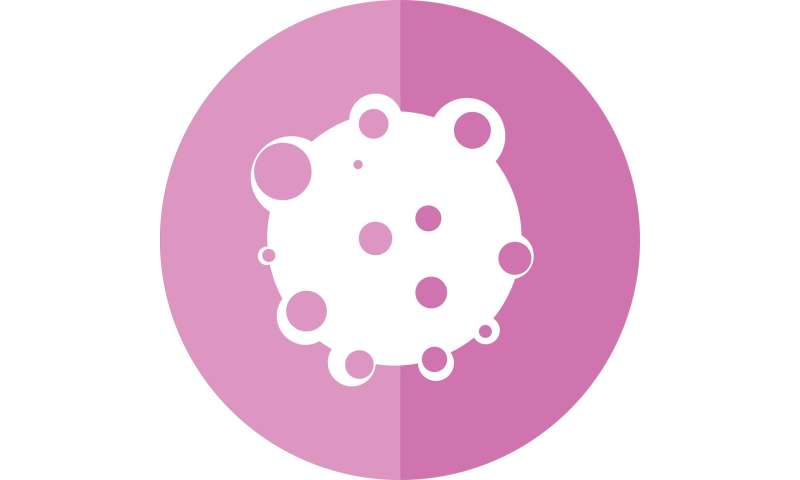

Mount Sinai researchers have solved one of the enduring mysteries of cancer immunotherapy: Why does it completely eliminate tumors in many patients, even when not all the cells in those tumors have the molecular target that the therapy is aimed at?
The answer involves a protein called fas, and regulating fas may be a route to preventing cancer relapse, the researchers reported in a study published in Cancer Discovery in December.
Cancer immunotherapies target antigens, or proteins, on the surface of tumor cells. One common example is a protein called CD19. But even when most cells in a tumor express CD19 on their surface, some do not. And tumors are constantly evolving and often experience “antigen escape,” meaning that the target is no longer expressed, which can make the immunotherapy fail and the cancer relapse.
The researchers discovered that cancer immunotherapies that make use of immune system cells such as T cells and CAR-T cells kill not only tumor cells that express the drugs’ target, but also adjacent tumor cells that lack the targets, because of the presence of fas. This process, known as bystander killing, can be made more effective by adding therapeutics that turn off the regulation of fas proteins, the researchers said.
“This study should engender many clinical trials solving the common weakness of immunotherapies—antigen escape and relapse,” said Joshua Brody, MD, Director of the Lymphoma Immunotherapy Program at The Tisch Cancer Institute at Mount Sinai. “Specifically, by combining immunotherapies with small molecule inhibitors that increase fas-signaling, which are already being used in the clinic, bystander tumor cell killing may be potentiated and eliminate antigen-loss variants from heterogenous tumors.”
T cell-based immunotherapies—including CAR-T, bispecific antibodies, and anti-PD1 antibodies—have revolutionized cancer treatment. However, even with the remarkably high response rates of CAR-T-treated patients, most either progress or relapse within one year.
In this study, Mount Sinai researchers looked at tumors from patients in a large clinical trial studying CAR-T’s effectiveness in patients with non-Hodgkin’s lymphoma and found for the first time that the level of fas present in the tumors predicted the patients’ response to the drug and their long-term survival. Those with significantly elevated fas in their tumors had longer-lasting positive responses to the therapy.
Source: Read Full Article